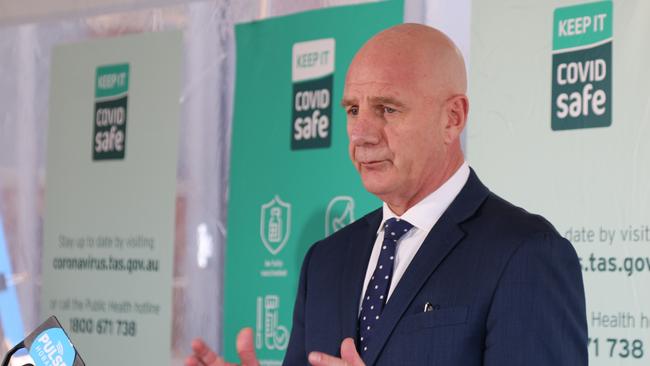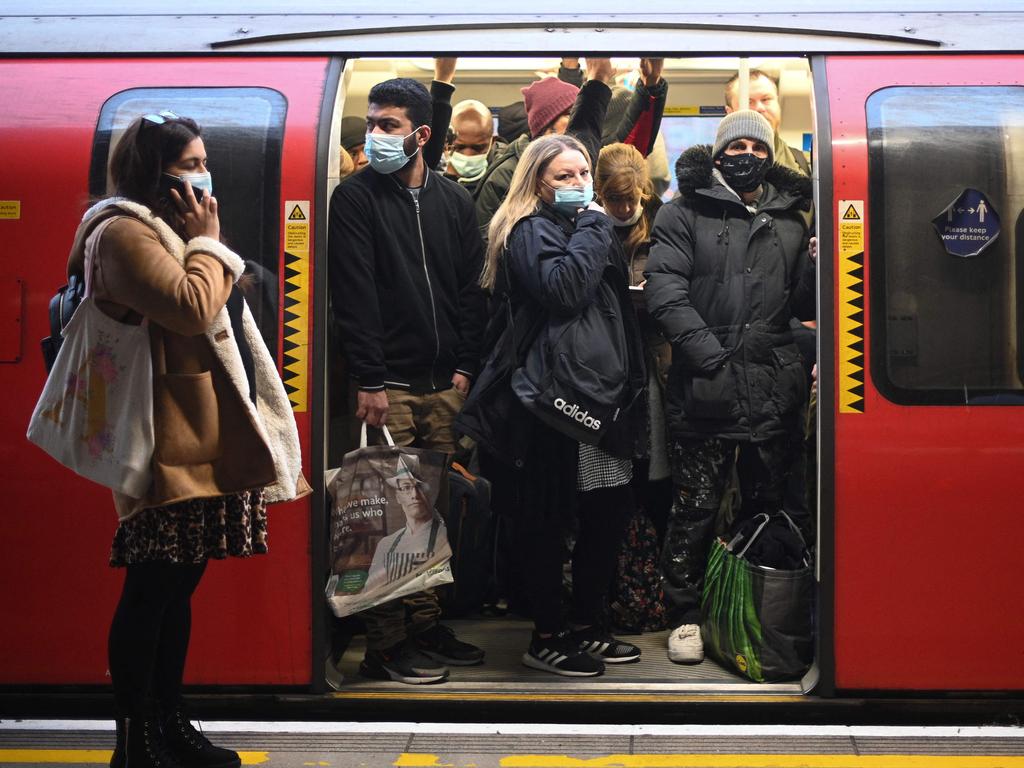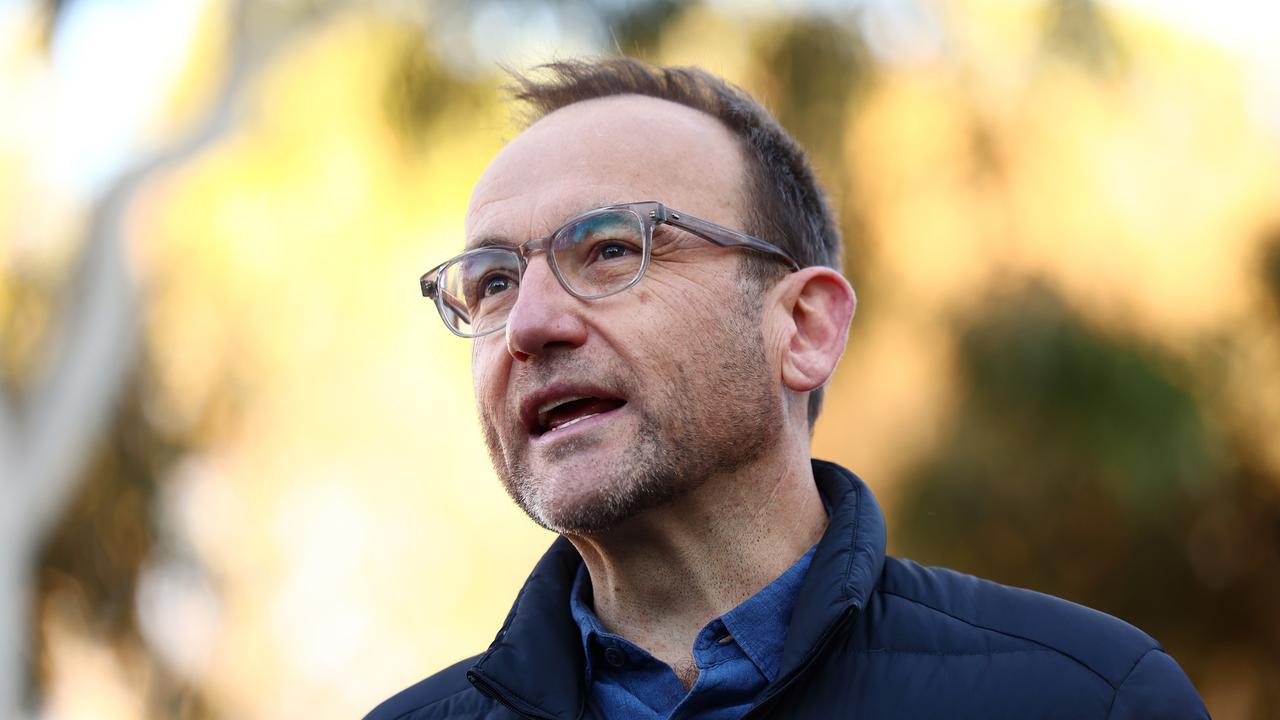
Gutwein is 57, not 25 like our tennis champion, so it makes his decision to leave the court easier to understand. But the “Great Resignations” of these two reveal a changing attitude to work that has been amplified during the two years of lockdowns, remote work and, for many people, extended time away from the office.
Work still matters – and not just financially – but for many people it’s beginning to lack the addictive quality that defined professional careers in the past 20 or so years. Work remains a key element of identity and a source of meaning as well as money, but the Great Love Affair is waning.
Call it what you like – the Great Resignation, the Great Vacation, the Great Reshuffle – but it’s not easy to ignore the way many people across age groups and labour sectors are wondering if it’s possible to be part of the Great Capitalist System while retaining mental health, family relationships and the right to work without anxiety or fear.
The “Great Uncoupling” from work is most obvious among professionals and knowledge workers, but it’s there too in frontline workers in hospitality and the care sectors. Many are simply physically and emotionally drained, but that weariness prompts a recalculation about the pressures of a structured workplace. Perhaps they too will look for jobs where they can go into the office a couple of days a week and operate more freely at home or in a nearby hub on the other three.

While not everyone has worked from home during the pandemic, many households have experienced at least one person operating from the kitchen table. Remote work has become a part of the community fabric, as suburban as the backyard pool.
Not every company has understood how profoundly WFH has converged with ideas about “purposeful work”, shared parenting and technology to disrupt old patterns and attitudes. Some are still hoping to get everyone back behind their desks sometime soon, but the smart money is on a “distributed” workforce as a permanent feature of Western economies.
Listen to the CBD boosters by all means. Maybe they will be proven correct when they suggest workers can’t wait to resume the daily commute. But at this stage of the cycle, a hybrid model looks like the most likely result of our live experiment with work.
Having half – or more – of your employees out of your sight on any one day may not be the first choice of managers, but capitalism, with its single-minded commitment to profit, is nothing if not adaptable. Right now, it’s adapting to a seismic shift in attitudes to work prompted by social change and technology and sealed by Covid. The traditional centralised workspace was created for an industrial society of mass production.
Gathering workers together was about efficiency and control. The model of physical proximity endured with only superficial changes as a few people extracted flexible work arrangements from their employers. A view of work that defined the man (free of domestic demands) as the breadwinner survived for decades but was severely challenged as women, and children “invaded” the workspace. Covid-19 finally destroyed the hope employers could keep family matters out of the office. Many women – and men – simply will not go back to the harried commute and the rush to pick up kids from school now they have found a way to mix work and life more effectively.
Something else happens too when you move away from a centralised office and daily exposure to your employer’s “culture”.
In short, there’s nothing like a distributed workforce to weaken the bonds between a company and its employees. The fear factor fades. Who’s afraid of a manager they mostly see on Zoom? This is not a bad development. Capitalism doesn’t always understand this, but most people want to work and to do a good job – not just to please the boss but for their own satisfaction and sense of mastery and engagement. And most people, if they are in the right spots and given the right tools, are productive. Most are prepared to work hard to achieve success. It’s just that the definition of success is shifting for many people.
The Great Uncoupling ought not frighten employers. Some workers will jump ship, some will push for new job descriptions. But the rebalancing of work and life – evident when a premier or a sports champion steps away from the fray – can be only a good thing for a healthy society.







Tasmanian Premier Peter Gutwein, like Ash Barty, has shown it is possible to walk away from the top jobs with dignity.